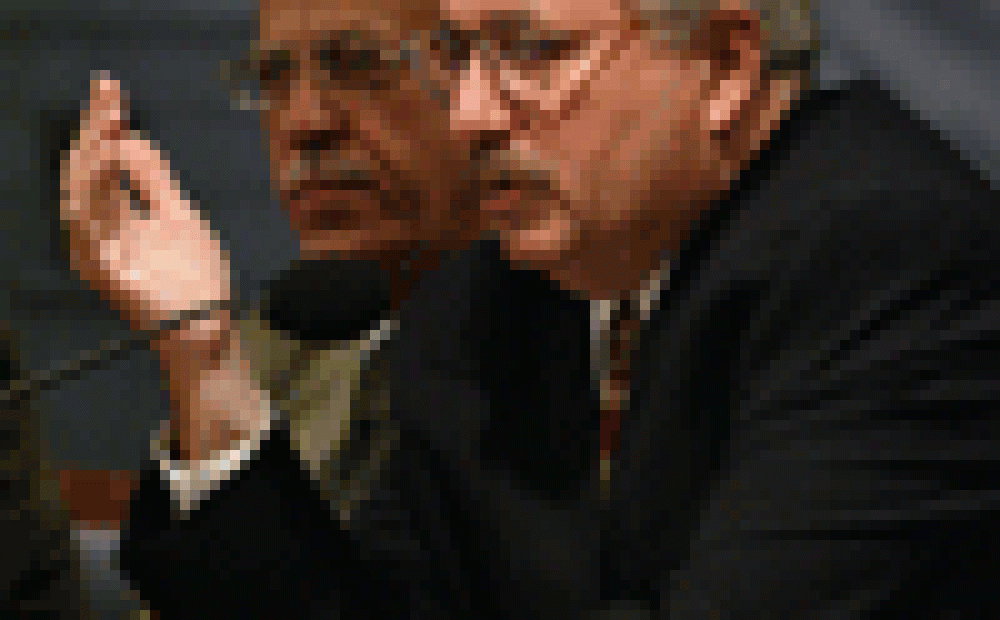Educating Iraq: Perspectives from University Experts

In the United States for a short exchange visit, a delegation of prominent higher education representatives from Iraq discussed the challenges and opportunities of rebuilding, re-staffing, and developing curriculum in a recent meeting co-sponsored by the Conflict Prevention Project and U.S. Institute of Peace. Last year, just one month after the fall of Baghdad, most of Iraq's teachers and students returned to the universities. They were learning in less than optimal circumstances: fighting and looting had damaged many buildings, and practically all suffered from years of neglect and decay. Furthermore, three decades of intellectual isolationism rendered the Iraqi's university professors and administrators culturally isolated. According to Dr. Mohammad Sadik, President of Salahaddin University, his university had not received any periodicals since 1988. However, the debilitated state of the universities was not an obstacle to the delegation as they told of their desires to partner with other academics and make a fresh start of the pursuit of knowledge. "While some wanted to rebuild their universities, others wanted to make something new, including a new vision for Iraqi higher education," said Dr. John Agresto, U.S. Senior Adviser to the Iraqi Ministry of Higher Education. "The first is understandable, but the latter is admirable," he said.
Changing the pedagogy away from the Baath ideology, encouraging more liberal arts programming and allowing for academic freedom are further challenges. To gain better insight, the participants suggested that education specialists visit Iraq, form partnerships and establish study abroad and training programs for professors and students. Other urgent needs include libraries and language labs, both of which might be augmented by information technology, said Dr. Abdul-Al Sattar Jawad, Chair of the English Department at Baghdad University. In response to the question about partnership, a USAID colleague said his agency had launched the Higher Education and Development Program, which awarded five grants worth an estimated $20.7 million for U.S.-Iraqi university partnerships. Others noted that the much debated de-ba'athification policy did not affect the university system as deeply the media suggests, with about 10 percent of professors, or 1,600 out of 14,500 de de-ba'athified.
The relative autonomy of the Kurdish region since the first Gulf War enabled the universities in the northern governorates to evolve; however panelists noted that the progress shouldn't be slowed nor be seen at odds with university reforms in the south. "We cannot wait for 12 years of change in the mentality of partnerships, especially with the physical needs of the south," Dr. Beriwan Khailany, Deputy Minister, Ministry of Higher Education and Scientific Research said. "We wouldn't want to hold back the aspirations of those in the North, but we are all working toward the same goal," she said.
Dr. Kamal H. Khoshnaw, President of Sulamaniya University and Dr. Asmat Khalid, President of Dohuk University were the remaining delegation members.
The meeting was co-sponsored with the United States Institute of Peace.
Anita Sharma
Director, Conflict Prevention Project
202-691-4083